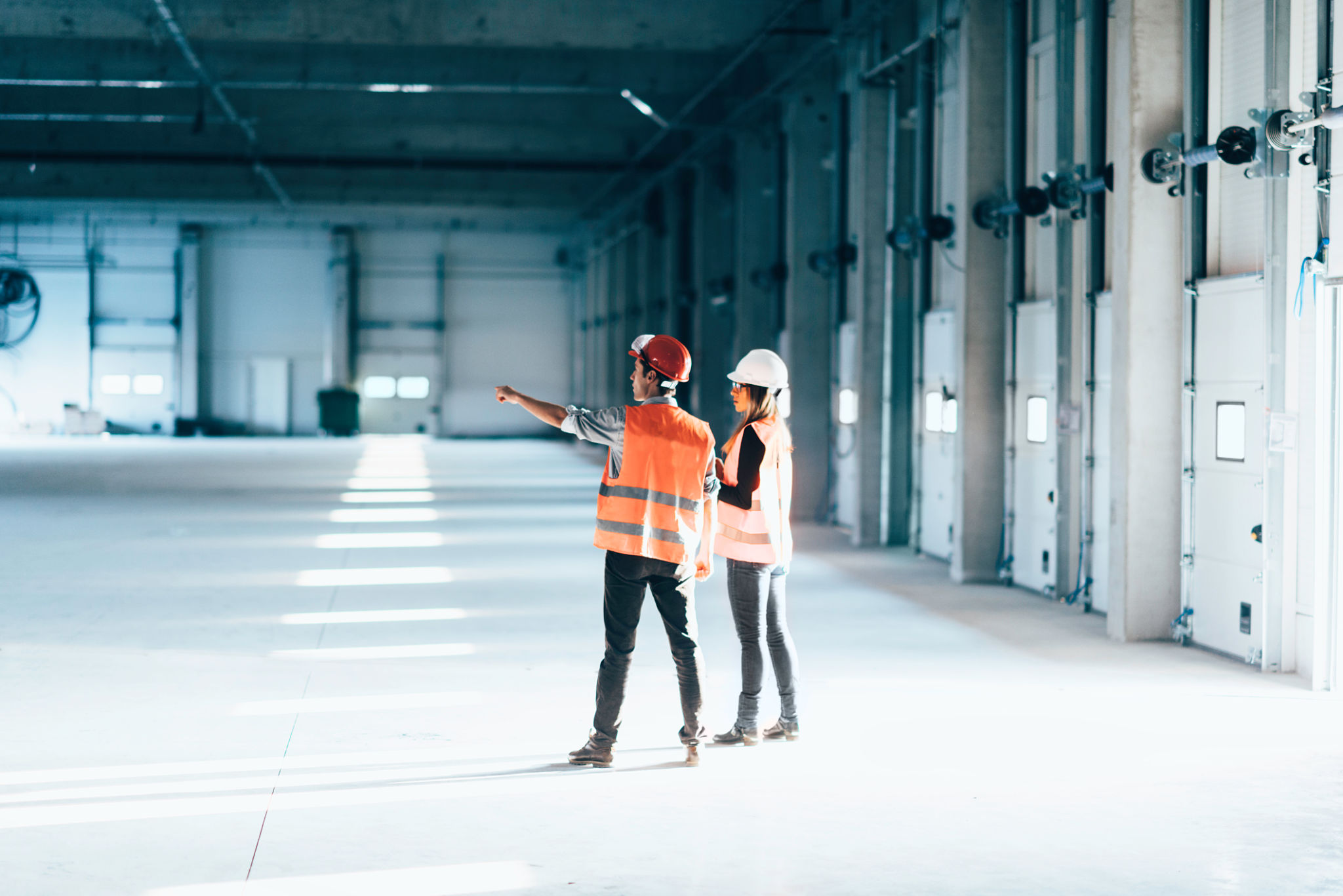DIY Tips for Basic Commercial Building Maintenance: What You Can Do In-House
Introduction to DIY Commercial Building Maintenance
Maintaining a commercial building can seem like a daunting task, especially if you're trying to manage costs. However, there are several basic maintenance tasks that can be handled in-house, saving you both time and money. By staying proactive and addressing small issues before they become big problems, you can ensure your building remains in great condition.

Regular Inspection and Cleaning
The first step in effective maintenance is conducting regular inspections. Create a checklist that includes all areas of the building, such as HVAC systems, electrical components, plumbing, and exterior surfaces. Regularly inspect these areas to identify potential issues before they escalate.
Cleaning should also be a priority. Ensure that common areas, especially those with high foot traffic, are cleaned consistently. This not only keeps the building looking professional but also prevents wear and tear on surfaces.
HVAC System Maintenance
Your HVAC system plays a crucial role in maintaining a comfortable environment for employees and clients. Regularly replacing air filters is a simple task that can improve air quality and system efficiency. Set reminders to change filters every 1-3 months, depending on usage and environmental factors.

Additionally, ensure that vents are free of obstructions and dust. This allows for optimal airflow and reduces strain on the system. It's a good practice to schedule professional inspections annually to catch any issues early.
Plumbing Checks
Plumbing issues can quickly become costly if not addressed promptly. Regularly check for leaks in faucets, toilets, and pipes. Look for signs of water damage or mold, which can indicate hidden leaks.
Ensure that all employees know where the main water shut-off valve is located in case of an emergency. This simple knowledge can prevent significant water damage if a major leak occurs.
Lighting and Electrical Systems
Proper lighting is essential for both safety and aesthetics. Regularly check light fixtures and replace burnt-out bulbs promptly. Consider switching to LED bulbs for energy efficiency and longer lifespan.

Inspect electrical panels and outlets for any signs of wear or damage. Loose connections or frayed wires should be addressed immediately by a qualified electrician to prevent potential hazards.
Exterior Maintenance
The exterior of your building creates the first impression for visitors. Regularly inspect the building’s façade for cracks or damage. Address any issues with sealant or paint as needed to protect against weather elements.
Parking lots and walkways should also be maintained. Seal cracks in asphalt promptly and ensure that walkways are clear of debris to prevent accidents.
Conclusion
By incorporating these basic DIY maintenance tasks into your routine, you can extend the lifespan of your commercial building while keeping operational costs down. Remember, the key to effective maintenance is consistency and early intervention. While some tasks may require professional attention, many can be successfully managed in-house with the right approach.